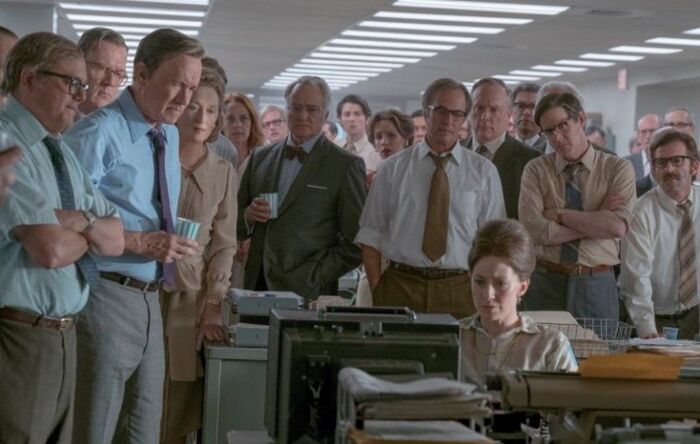1922 review: ‘empty cinematic calories’
Alasdair Glynn considers the relative mediocrity of yet another Stephen King adaptation, distributed by Netflix

The main problem with Stephen King might be how much he actually puts to paper. He seems to be unable to rest without publishing a book at least once a year, and as a consequence a lot of his work comes into the world in a sort of messy, awkward state, full of half-baked ideas and loose, adipose plot threads.
The cliché stands: he knows how to write a great, evocative build-up, but his endings falter, bleeding the compelling aspects of his stories completely dry. There is a lot to love about King though. Some great rainy days were spent with worn copies of The Stand or The Girl Who Loved Tom Gordon, and many of the most striking pop-cultural images of the last forty or so years have come from films with the distinctive King-ian stamp on them.
“The story has lost the air from its lungs yet refuses to die”
1922 draws to a close a recent outbreak of King adaptations, starting with the critically derided The Dark Tower, continuing with the hugely successful It and moving to streaming platforms with Netflix’s Gerald’s Game. It stars Thomas Jane as Wilfred James, a Nebraskan man who lives and farms 180-acres of land along with his son Henry and his gentile wife Arlette.
Like Gerald’s Game before it, 1922 comes from the more psychological side of King’s writing. Unlike the loud, unambiguous scares of this year’s It, 1922 opts for more of a slow burn, grounding itself to a few locations and keeping its story clear and focused. Wilfred plans to murder his wife with the help of his teenage son when his wife lays out her plans to sell the farm and move to live the ‘fool’s life’ in the big city.
Everything here is set up well, with a good pace and a fitting score by Mike Patton. Jane is great – what could have been a shallow performance depicting Wilfred as a bumbling, backward Midwesterner turns out to be the opposite. Wilfred is smart; he knows his land and he knows his wife. He appears conniving, even Machiavellian at times, but not without the pathos that makes him compelling as an antihero, all filmed through Ben Richardson’s at-times superb cinematography, of Beasts of the Southern Wild fame.
The problem with 1922 starts with its source material. Director Zac Hilditch cannot quite seem to get over the bagginess of King’s endings. Instead of finishing itself off with a solid oomph, 1922 ends with a drawn-out wheeze, as if the story has lost the air from its lungs yet refuses to die. It is not terrible – it is just twenty minutes too long, which is a problem when you have a movie as narrowly focused as this.
With a more ambitious Stephen King book, a lacklustre ending could be covered up by a zany idea or some kind of bizarre fat to chew on. With 1922, there is no such bizarre fat – just empty cinematic calories which starve the audience more than they fill them out. When the film finally concludes, what we have is an okay movie with a great central performance and good direction but none of the qualities that would make it essential viewing. In a world with King adaptations as iconic as Brian De Palma’s Carrie and as bad as Maximum Overdrive, 1922 settles with just being solid
 Comment / Cambridge students are too opinionated 21 April 2025
Comment / Cambridge students are too opinionated 21 April 2025 Comment / Does the AI revolution render coursework obsolete?23 April 2025
Comment / Does the AI revolution render coursework obsolete?23 April 2025 Comment / Cambridge’s tourism risks commodifying students18 April 2025
Comment / Cambridge’s tourism risks commodifying students18 April 2025 News / News in brief: campaigning and drinking20 April 2025
News / News in brief: campaigning and drinking20 April 2025 Interviews / Meet the Chaplain who’s working to make Cambridge a university of sanctuary for refugees20 April 2025
Interviews / Meet the Chaplain who’s working to make Cambridge a university of sanctuary for refugees20 April 2025






